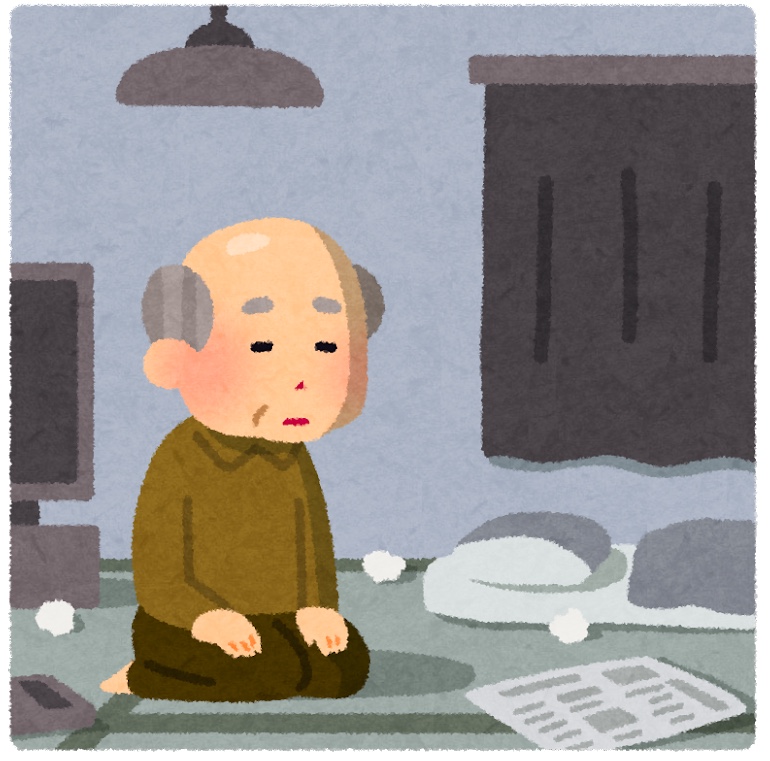In recent years, an increasing number of people have decided to spend their entire lives as singles. Here we explain why the number of single people has increased.
Trends in the Increase of Singles
Lifetime unmarried rate is a term used in Japanese government statistics to describe the percentage of the population that is unmarried at age 50. The term “never-married in one’s lifetime” is used in the belief that few people marry for the first time at age 50 or older.
However, since people can naturally marry at any age, the term “unmarried at age 50” has come to be used in place of the lifetime unmarried rate.
This percentage of people who are unmarried at age 50 continues to increase every year.
According to the 2018 White Paper on Society’s Declining Birthrate, the unmarried rate at age 50 in 2015 was 23.4% for men and 14.1% for women. And this percentage has been rising rapidly since 1995, 20 years ago, and is expected to continue to increase.
In other words, it is expected that more people will remain unmarried for the rest of their lives.
Reasons for the increase in singleness
Economic hardship
One of the reasons people avoid marriage is economic stringency.
Because marriage requires a certain level of financial security, some people cannot get married even if they want to.
In recent years, the number of non-regular employees has been increasing in Japan, and lifetime employment is not as guaranteed as it was in the past.
As a result, the income gap between those who receive a stable salary and those who do not continues to widen.
Under these circumstances, an increasing number of people may feel that marriage would be difficult because of their low income.
Devotion to work
Another reason for not wanting to get married is the difficulty of balancing work and married life. For those who find great satisfaction in their work and want to devote themselves to it enthusiastically, family life can get in the way of work.
Especially these days, women are expected to work as much as men, and some find fulfillment in devoting themselves to their work. For women, careers are often interrupted by marriage and childbirth, and many think that it is better not to get married if that is the case.
Some who work hard and are willing to work overtime, go on business trips, or relocate may find married life bothersome, where they have to keep pace with their families.
Lack of Willingness to Marry
With the world becoming more convenient these days, some people may not have the desire to get married. They feel that there is no reason to get married because it is more convenient to live alone. In the past, it was impossible to live without a housewife to take care of the housework, and there were times when a single woman would need a man’s help.
Nowadays, however, we can choose to eat out, and we also have convenient appliances and services, so there is no problem with living alone. On the other hand, some people may feel that marriage leaves them with no time for themselves and no money to spend on hobbies.
Others find it stressful to live with another person. For these people, marriage may seem full of disadvantages.
High cost of raising children
Generally, people expect to have children when they get married, but the cost of child-rearing can be quite heavy.
It is said that educational costs continue to rise while working incomes remain stagnant.
According to the Ministry of Education, Culture, Sports, Science and Technology’s Basic School Statistics, only 63.9% of children went to college from a regular high school in 2019. If enrollment in various types of schools is included, the percentage of students going on to higher education exceeds 85%.
In addition to the entrance fee, school fees, and living expenses if living alone, students may also have to pay tuition for preparatory and cram school to enter college.
Some people hesitate to get married because of these burdens.




Comments